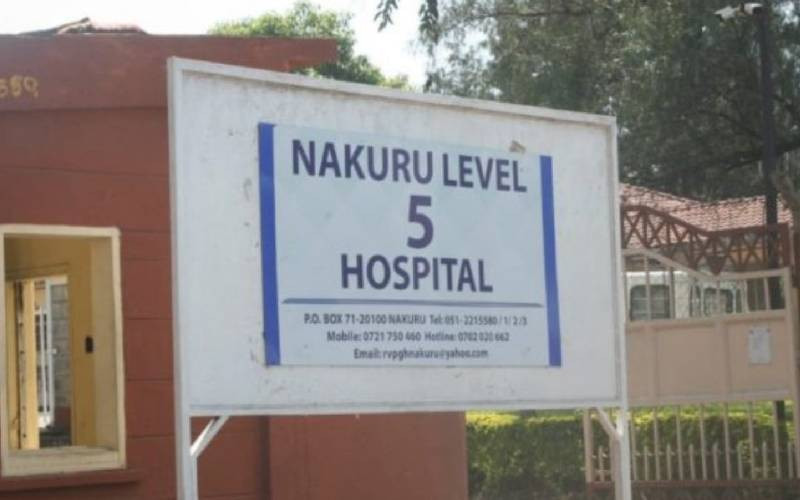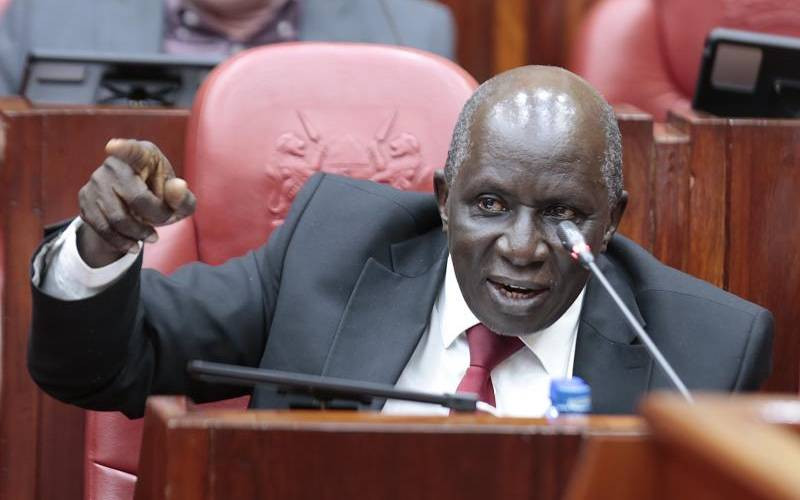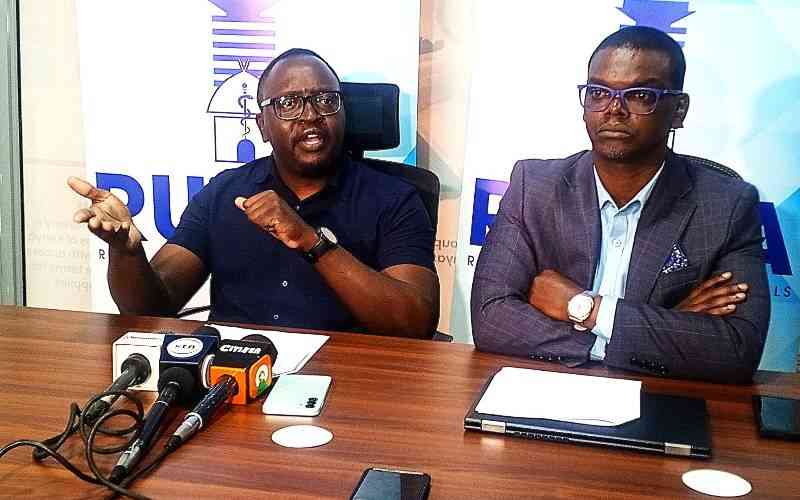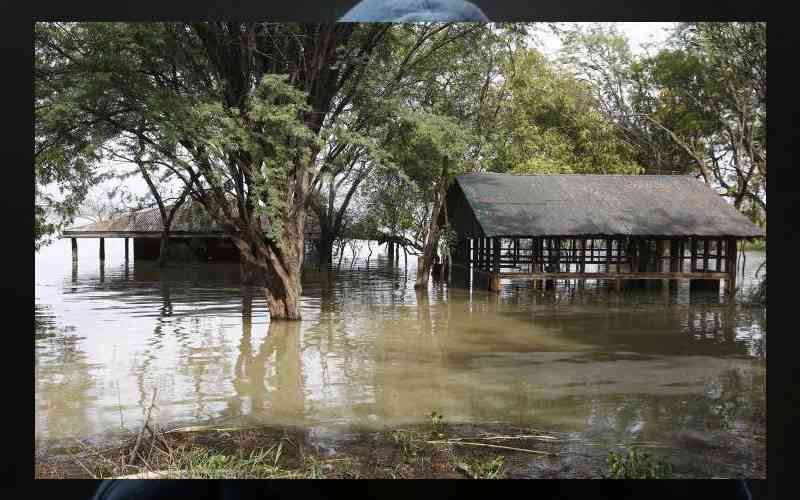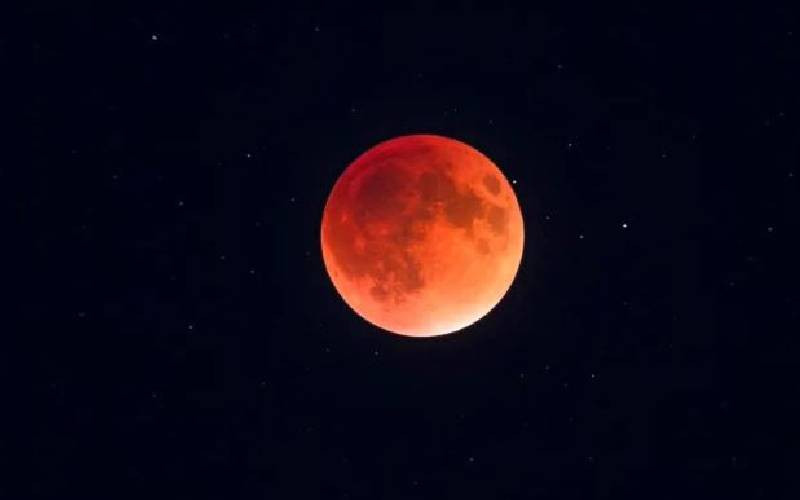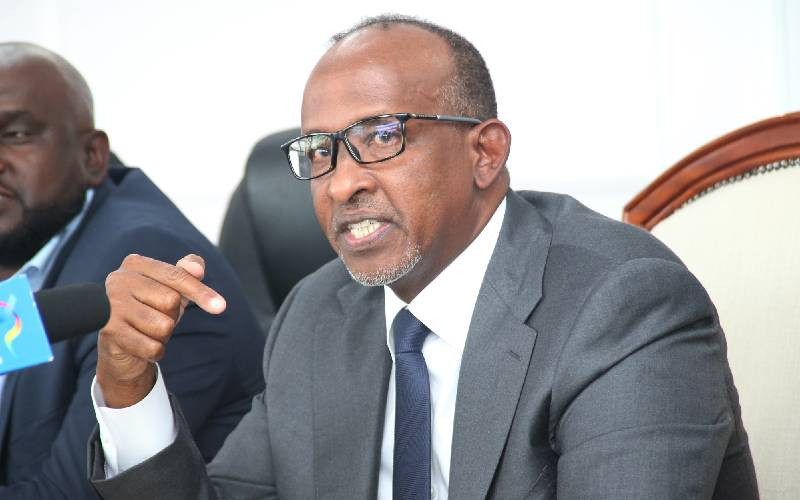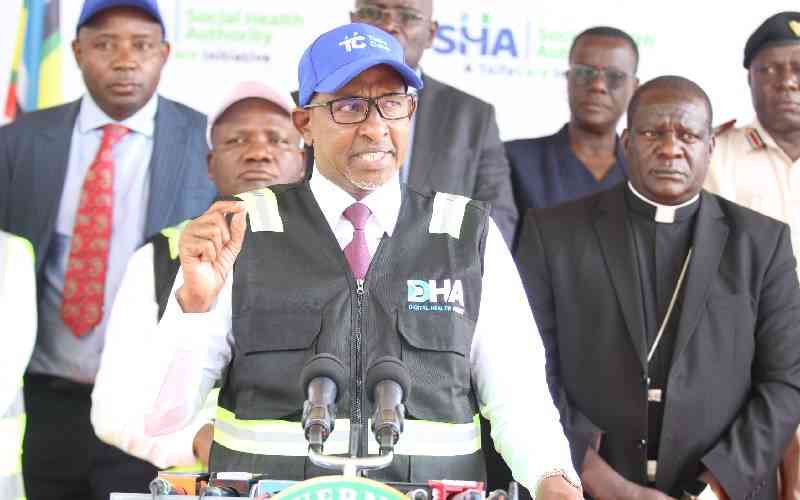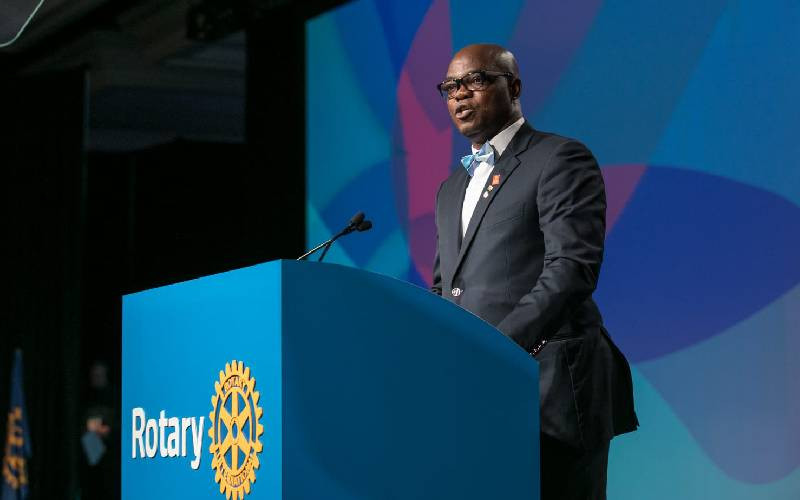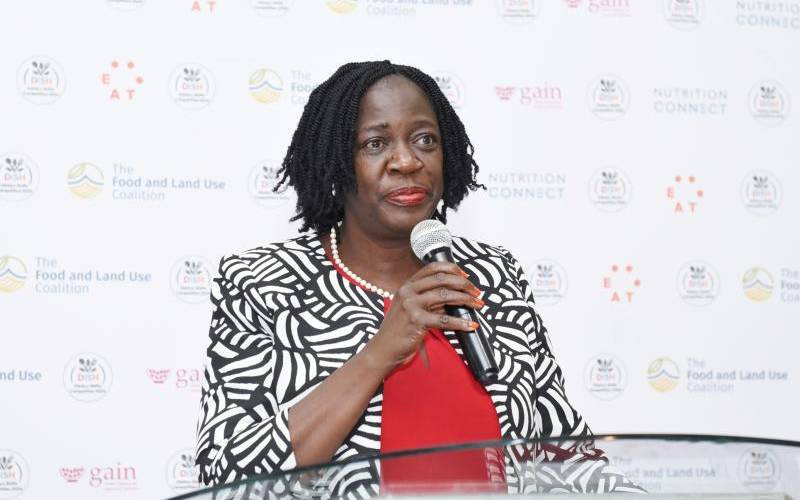
The government has been urged to avoid relying on donor support for immunization programs and instead focus on ways to increase domestic funding.
Health NGO’s Network (HENNET) executive director Dr Margaret Lubale said there is a need for the government to fast-track the process of self-reliance.
She warned that any financial gaps could lead to vaccine shortages, undermining years of progress in vaccination efforts.
“Turning to other donors should be our immediate measure but we need to be innovative and come up with a long-term plan for domestic funding, or else we risk losing lives due to lack of funding in the health sector”, said Lubale.
Lubale spoke during a meeting between the two organizations: Health NGOs Network (HENNET) and the Kenya Women Parliamentarians Association (KEWOPA).
The calls come as the Global Alliance for Vaccine and Immunization (GAVI) formally reminded the government to fulfill its co-financing obligation, demanding payment of Sh1.6 billion for the 2024/25 fiscal year, due in full by June 2025.
Co-financing means that countries contribute to the cost of Gavi-supported vaccines by financing some of the required vaccine doses.
These vaccines protect against diseases like measles, polio, diphtheria, whooping cough, tetanus, and rubella, among others.
Dr. Lubale added, “If we fail to meet our part of the obligation, this means more than six million children will miss out on life-saving vaccines and this is majorly because of inefficiencies caused by corruption in the government.”
Nominated MP and executive member of KEWOPA, Irene Mayaka warned that failure to meet this obligation could have serious consequences.
She said this could include disruption in vaccine supply, as the country only has less than two months left to beat the deadline.
“We will continue to advocate fiercely for the protection and health of our children, ensuring that child health and immunization financing is not considered a privilege but made a priority,” she said.
While referring to the withdrawn funding by the US government, Nairobi Woman Representative, Esther Passaris urged KEWOPA members to keep pushing for self-reliance in parliament.
“If you can help craft the motion, then we can keep parliament in that conversation as we appeal to people who can do good for Africa," she said.
As a member of the Budget Committee, Teso South MP Mary Emaase Otucho emphasized the need to strengthen legislative support for health budgets and prioritize local vaccine production.
“The fact that immunization is a lifeline for children calls for a commitment on our end as women leaders in parliament to advocate for increased funding for vaccine manufacturing and immunization efforts," she said.
Emaase emphasized the need to strengthen legislative support for health budgets and prioritize local vaccine production.
According to a new assessment by the Ministry of Health, Kenya needs to raise at least Sh5 billion to support vaccination of babies against killer but preventable diseases this year.
Such diseases include polio, measles, pneumonia, tuberculosis and diphtheria.
The ministry’s report, titled Impact of the United States Government Stop Work Order, explores the impact of the US government funding freeze on Kenya’s health system between January 20 and March 10, 2025.
The US did not exempt Kenya’s immunization program from its funding freeze.
According to MOH, Kenya requires Sh11.58 billion to cover immunization every year.
However, the Kenyan government contributes only Sh2 billion and gets a Sh585 million donation from the US government every year.
This leaves a funding gap of Sh2.5 billion, which will increase when you take away the direct US support.
 The Standard Group Plc is a multi-media organization with investments in media
platforms spanning newspaper print
operations, television, radio broadcasting, digital and online services. The
Standard Group is recognized as a
leading multi-media house in Kenya with a key influence in matters of national
and international interest.
The Standard Group Plc is a multi-media organization with investments in media
platforms spanning newspaper print
operations, television, radio broadcasting, digital and online services. The
Standard Group is recognized as a
leading multi-media house in Kenya with a key influence in matters of national
and international interest.

